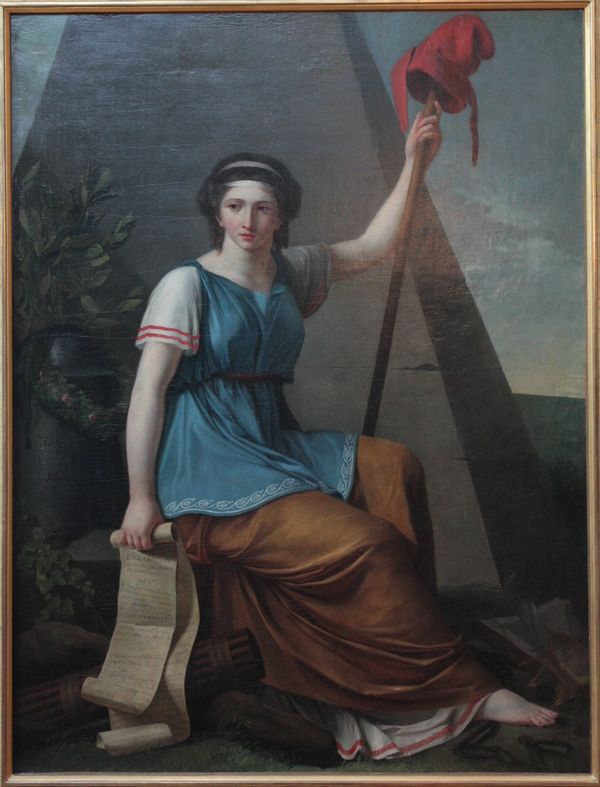“NO LIFE WITHOUT YOU”: REFUGEE LOVE LETTERS FROM THE 1930s

Intimate correspondence of a Jewish couple writing in the face of Nazi persecution
COMPILED AND EDITED BY FRANKLIN FELSENSTEIN. With an Historical Introduction by Rachel Pistol.
Blog by Frank Felsenstein
This book voices, through their personal letters, the love story of a German Jewish couple caught up in the turmoil created by the Nazi regime in the years leading up to the Second World War. It is a story of refugees and lovers torn asunder by political events and reliant on correspondence as their primary means of communication.
Vera Hirsch, a final year medical student at Frankfurt University, flees Germany shortly after Hitler comes to power in 1933, seeking refuge in England. She meets Moritz Felsenstein, a fur trader with a background in the sciences, on a spur-of-the-moment visit to Leipzig in January 1936 when, during the year of the Olympic Games, the Nazis moderate their anti-Semitic agenda. Their correspondence begins immediately, and continues uninterrupted through to the end of August 1939, with explicable gaps when they are able to be together. It is supplemented by extracts from Vera’s private journals and from other such primary sources.
Nearly all the letters are written from Germany, England, and the Soviet Union, where Moritz is given temporary working papers in 1937 after an SS arrest warrant prevents him from returning to Leipzig. The couple are able to marry in London in August 1937 but lack permission to settle together in England. In separate environments, each engages in the business world. The correspondence provides unique insights into the pre-war fur market in Moscow and Leningrad and the retail trade in Britain, where Vera joins the first (and, at that time, quite experimental) personnel management team at Marks & Spencer, the major retail chain. Moritz’s peripatetic life style, with short visits to his wife, continues over the next two years, the pair being reunited on the final night before the start of the war.
The letters and journals are written in German, but have been fully translated into English. The present book is abridged to less than one third of the full correspondence. It has been edited by their only son. The first part of the book contextualizes the early lives of these two individuals in the aftermath of the First World War, with telling indications of their ties to the emergent culture of Weimar Germany. It provides an intimate picture of two different versions of German Jewish family life during the era prior to the Holocaust, the one Orthodox with a strong commitment to Zionist ideals, the other assimilated and skeptical in its religious beliefs.
For us today, there exists a profusion of memoirs, several of them now iconic, relating to the Holocaust. Most of these are written after the fact, but gain their immediacy through our fascinated fear and accompanying horror, engendered through their disclosures. However, given the lack of available material and a secure place to write, the chronicling of the on-the-run happenings of Jewish refugees endeavoring to escape the Nazi strong arm has rarely had the attention it deserves. It represents a major lacuna in our knowledge of the everyday lives of exiles during one of the most tragic eras in human history. The existence of this large, and hitherto untapped, cache of letters and journals by Vera Hirsch and Moritz Felsenstein presents a rare opportunity to document and to authenticate a largely unrecorded element of the refugee experience.
Because the letters were written to each other on an almost daily basis, they are incredibly immediate. They record not only the couple’s against-the-odds escape, but also the desperate – and ultimately unsuccessful -- endeavors to evacuate from Germany Moritz’s older sister, brother-in-law, and close cousins, who were to perish at Auschwitz. Most centrally, the letters recount an astonishing love story, sensual in its intimate detail, and full of dramatic pathos in its unfolding of hope for the creation of a new life and the anxieties of coping with pregnancy when apart. It is told through the voices of two exceptionally articulate letter writers, unraveling profound moral and psychological dilemmas, and the fears brought about by separation and the ongoing intrusion of political events. Incredibly, more than fifty years after the death of Moritz and over thirty years since the passing of Vera, their distinctive voices are kept alive through their letters and resonate for our own age in which the plight of refugees has once again found its way into our consciousness.
This is an Open Access title available to read and download for free or to purchase in all available print and ebook formats below.





